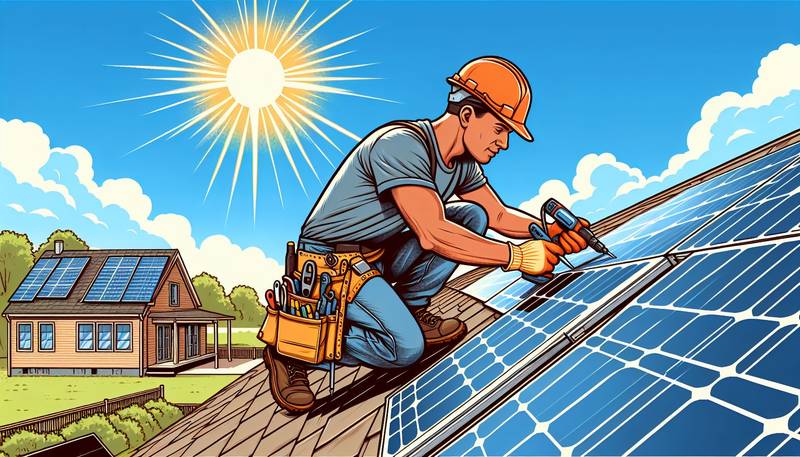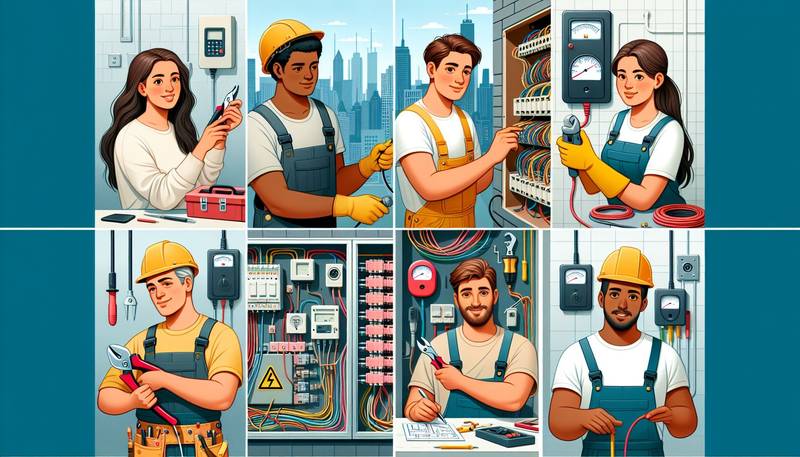Harnessing the Sun: Skills Required for a Successful Solar Panel Installer
In this article, we will explore the key skills required to become a successful solar panel installer and how to acquire them.
Technical Knowledge
One of the most important skills for a solar panel installer is a strong technical background. Installers must be able to understand the inner workings of solar panels, inverters, batteries, and other components of a solar energy system. They must also be familiar with electrical wiring and be able to troubleshoot any issues that may arise during the installation process.
Safety Training
Safety is a top priority when working with electricity, especially in the context of solar panel installation. Installers must be trained in proper safety procedures to prevent accidents and ensure that the installation is completed without incident. This includes knowledge of how to handle hazardous materials, work at heights, and use personal protective equipment.
Construction Skills
Solar panel installation often involves working on rooftops or other structures, so installers should have a basic understanding of construction principles. This includes knowledge of how to properly secure solar panels to a roof, as well as how to navigate different types of roofing materials. Installers should also be able to read blueprints and follow building codes to ensure that the installation meets all regulations.
Customer Service
In addition to technical skills, solar panel installers must also possess strong customer service skills. Installers often work directly with homeowners or business owners to assess their energy needs, provide quotes, and answer any questions they may have about the installation process. Good communication skills and a friendly demeanor are essential for building trust with clients and ensuring a positive installation experience.
Certification and Training
While some technical knowledge can be gained through hands-on experience, many solar panel installers choose to pursue formal training and certification programs. These programs provide a comprehensive education in solar energy systems, electrical wiring, and safety procedures. In addition, many states require installers to be licensed in order to work on solar energy projects, so obtaining the necessary certifications is essential for a successful career in the field.
Adaptability
The field of solar energy is constantly evolving, with new technologies and innovations being introduced on a regular basis. Solar panel installers must be adaptable and willing to learn new skills in order to keep up with these changes. This may involve attending workshops, reading industry publications, or participating in continuing education programs to stay current on the latest developments in the field.
Conclusion
In conclusion, becoming a successful solar panel installer requires a combination of technical knowledge, safety training, construction skills, customer service, certification, and adaptability. By developing these skills and pursuing the necessary training and education, aspiring installers can build a successful career in the growing field of solar energy. With the demand for renewable energy sources on the rise, the future looks bright for those who choose to harness the sun's energy through solar panel installation.











